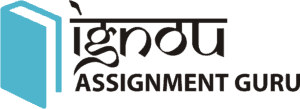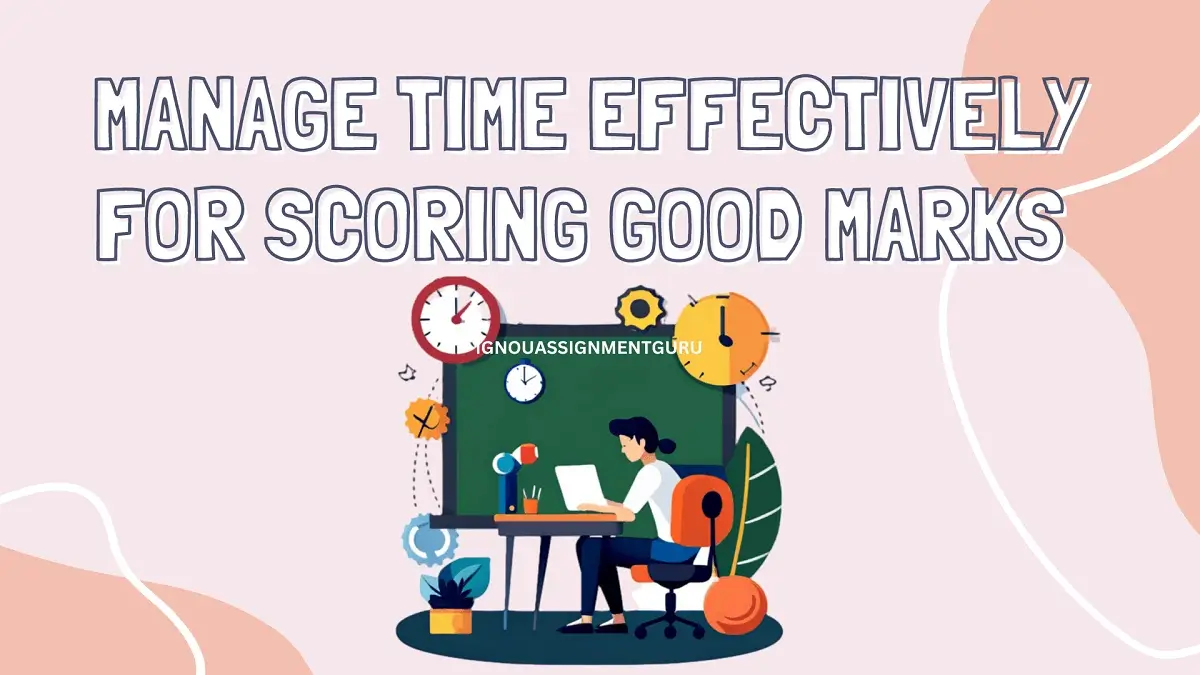Effective Revision Methods for Scoring IGNOU Good Marks
Introduction
When it comes to pursuing a degree from the Indira Gandhi National Open University (IGNOU), effective revision methods play a crucial role in achieving good marks. Proper revision allows you to reinforce your understanding of the subjects, consolidate key concepts, and enhance your memory recall. This article provides valuable insights into various techniques and strategies that can help you optimize your revision process and improve your performance in IGNOU examinations.
Understanding the importance of revision
Revision is not just a mere review of the content; it is a powerful tool for deepening your understanding of the subjects. Regular revision enables you to identify knowledge gaps, clarify doubts, and reinforce your grasp of the topics. It allows you to consolidate your learning and enhances your ability to recall information during exams. By recognizing the significance of revision, you can approach your studies more strategically and effectively.
Setting a revision schedule
To make the most out of your revision sessions, it is essential to establish a well-structured schedule. Consider the following tips when creating your revision plan:
Allocating dedicated time for revision
Set aside specific time slots for revision in your daily or weekly timetable. Treat revision as a priority and allocate sufficient time to cover all the subjects you need to revise. By adhering to a fixed schedule, you can avoid procrastination and ensure regular revision.
Breaking down the syllabus
Break down the syllabus into smaller, manageable units. Categorize topics and allocate specific timeframes for each. This approach helps you organize your revision process, ensuring that all subjects receive adequate attention.
Active revision techniques
Passive reading and reviewing are often ineffective when it comes to retaining information. Active revision techniques engage your mind and enhance your comprehension and retention capabilities. Consider incorporating the following methods into your revision routine:
Summarizing key concepts
One effective technique is to summarize the main points of each topic in your own words. By condensing the information into concise summaries, you reinforce your understanding and make the content more memorable.
Creating flashcards
Flashcards are a popular tool for revising important facts, definitions, and formulas. Write key information on one side of the flashcard and the corresponding details on the other side. Regularly review these flashcards to reinforce your memory.
Participating in study groups
Engaging in study groups provides an opportunity to discuss and explain concepts to your peers. Teaching others not only helps solidify your own understanding but also exposes you to different perspectives and approaches.
Teaching others
Explaining concepts to others, such as friends or family members, is an effective way to reinforce your knowledge. By teaching, you consolidate your understanding and identify any areas that require further clarification.
Utilizing visual aids
Visual aids can significantly enhance your revision process by providing visual representations of complex concepts. Consider using the following visual tools:
Diagrams and charts
Create diagrams and charts to illustrate complex processes or relationships between different elements. Visual representations can simplify understanding and make the information more accessible.
Mind maps
Mind maps are graphical representations that help organize information in a structured and interconnected manner. Use mind maps to link different concepts and create a visual hierarchy of ideas.
Flowcharts
Flowcharts are ideal for subjects that involve sequential processes or decision trees. By using flowcharts, you can visualize the logical flow of information and understand how different elements interact.
Engaging in practice tests
Practice tests are invaluable for evaluating your knowledge and assessing your exam readiness. Incorporate the following practices into your revision routine:
Previous year question papers
Solving previous year question papers gives you a good understanding of the exam pattern and the type of questions asked. It helps you familiarize yourself with the format and identify areas where you need further practice.
Mock tests
Taking mock tests simulates the exam environment and helps you gauge your speed and accuracy. Analyze your performance in mock tests to identify weak areas and prioritize them during your revision.
Seeking clarification and guidance
During your revision, you may encounter doubts or complex topics that require additional clarification. Consider the following approaches to seek guidance:
Consulting subject matter experts
Reach out to your professors, tutors, or subject matter experts for guidance and clarification. They can provide valuable insights and help you navigate through challenging concepts.
Joining online forums and communities
Online forums and communities dedicated to the subjects you are studying can be a valuable resource for seeking clarification. Engaging in discussions with fellow students and experts can provide fresh perspectives and additional learning resources.
Making use of technology
Incorporating technology into your revision process can provide additional resources and enhance your understanding. Leverage the following tools and platforms:
Utilizing educational apps and platforms
Explore educational apps and platforms that offer interactive learning experiences, quizzes, and supplementary study material. These resources can complement your textbooks and provide a more engaging learning environment.
Online tutorials and video lectures
Watch online tutorials and video lectures to supplement your understanding of complex topics. Visual explanations and demonstrations can enhance comprehension and reinforce your learning.
Staying organized and motivated
Maintaining a structured and motivating environment can boost your productivity and focus during revision. Consider the following tips:
Creating a study timetable
Develop a study timetable that outlines your revision schedule, breaks, and other activities. A well-structured timetable ensures that you allocate sufficient time to each subject and avoid feeling overwhelmed.
Rewarding yourself
Set achievable goals and reward yourself after completing them. Treat yourself to small incentives, such as short breaks, snacks, or leisure activities, as a way to stay motivated and maintain momentum.
Finding a conducive study environment
Create a study environment that minimizes distractions and promotes focus. Choose a quiet and comfortable space with good lighting and ensure you have all the necessary study materials within reach.
Taking care of your well-being
Your physical and mental well-being significantly impact your ability to revise effectively. Prioritize the following aspects to optimize your revision process:
Getting enough rest and sleep
Adequate rest and sleep are crucial for memory consolidation and cognitive functioning. Ensure you get enough sleep to recharge your brain and enhance your ability to retain information.
Eating a balanced diet
Maintaining a nutritious diet supports brain function and energy levels. Consume foods rich in omega-3 fatty acids, vitamins, and antioxidants to promote optimal cognitive performance.
Exercising regularly
Regular exercise improves blood flow to the brain, enhances concentration, and reduces stress. Incorporate physical activity into your daily routine to boost your overall well-being and cognitive abilities.
Conclusion
Effective revision methods are essential for scoring good marks in IGNOU examinations. By incorporating active revision techniques, utilizing visual aids, engaging in practice tests, seeking clarification, leveraging technology, staying organized and motivated, and taking care of your well-being, you can optimize your revision process and improve your chances of success. Remember to tailor these methods to your learning style and preferences for maximum effectiveness.
FAQs
Can I customize the study schedule according to my preferences?
Absolutely! Your study schedule should be personalized to suit your preferences and study habits. Modify the duration of study sessions, adjust subject priorities, and include breaks at times that work best for you. Customizing your study schedule will enhance your motivation and overall productivity.
Should I study the difficult subjects first?
It's a good practice to tackle difficult subjects or topics first while you're fresh and have higher concentration levels. By studying challenging subjects early in your study session, you can approach them with a clear mind and allocate sufficient time for understanding and practice.
How can I stay motivated while following the study schedule?
Staying motivated during your exam preparation can be challenging. To maintain motivation, set achievable goals, reward yourself for meeting milestones, and visualize your success. Surround yourself with a supportive study group or seek accountability from a study partner. Additionally, take regular breaks, engage in activities you enjoy, and remind yourself of the long-term benefits of your hard work.
Is it necessary to stick strictly to the study schedule?
While it's important to maintain discipline and adhere to your study schedule as much as possible, occasional adjustments are normal. Life events or unforeseen circumstances may require modifications to your schedule. The key is to strike a balance between following your schedule and being adaptable when needed. Flexibility allows for a more sustainable and effective study routine.





